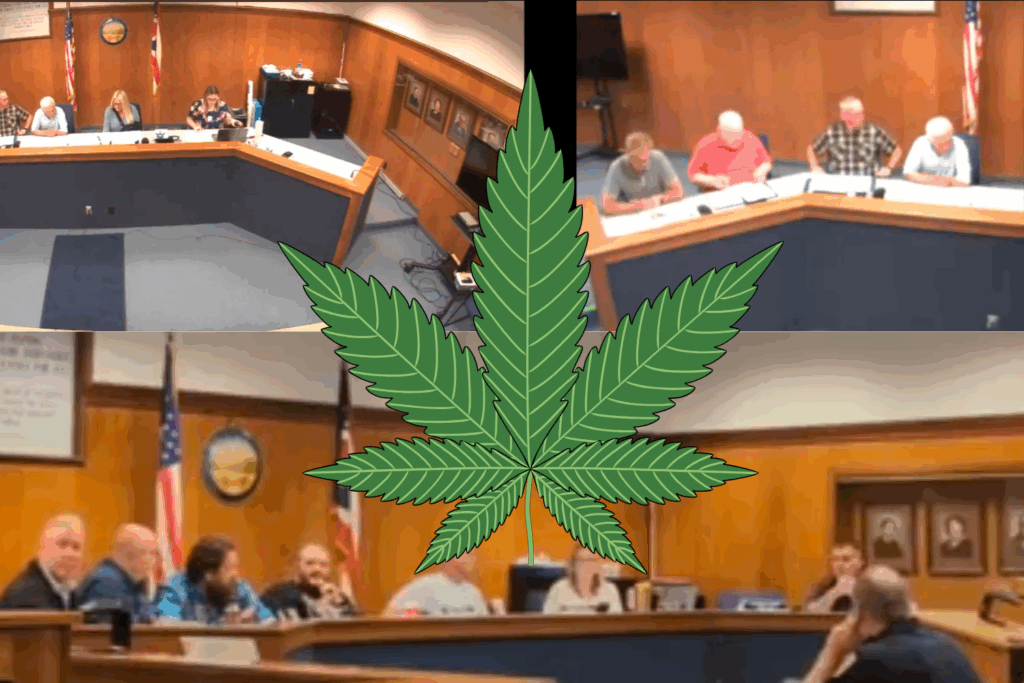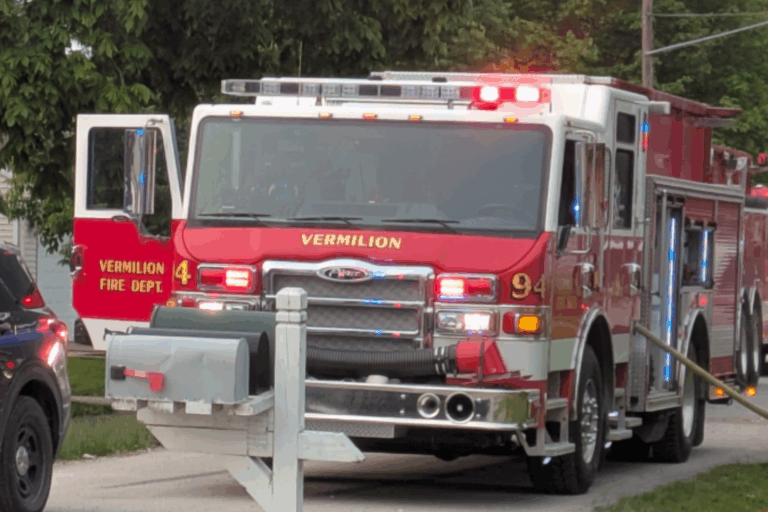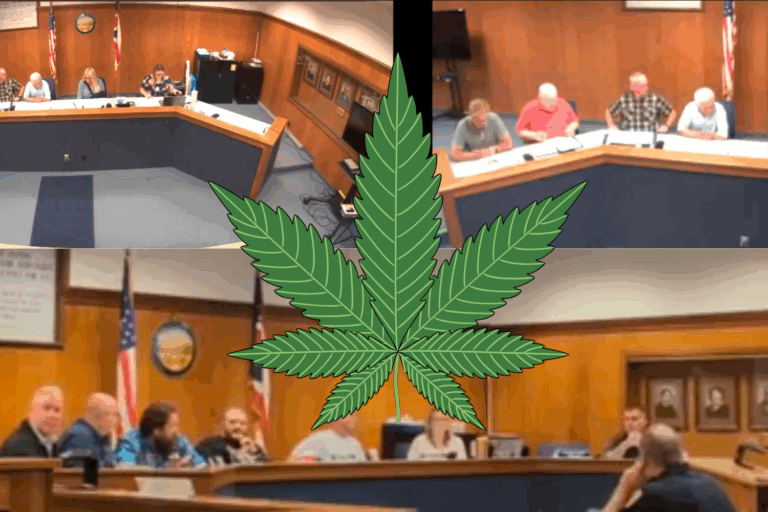
The future of cannabis businesses in Vermilion is taking shape, with the Vermilion Municipal Planning Commission recently forwarding specific zoning recommendations to City Council. However, as discussions at a subsequent Council meeting revealed, the path forward remains complex, with no local ordinances yet in place.
For over a year, Vermilion has been navigating the implications of statewide cannabis legalization. Initially, City Council imposed a moratorium on local cannabis legislation while awaiting clarity from the State of Ohio. With that moratorium now expired and state legislation passed, the responsibility has shifted to local bodies to determine where, and if, cannabis dispensaries and cultivators will operate within the city.

Planning Commission’s Detailed Recommendations (June 4, 2025)
At their June 4th meeting, the Vermilion Municipal Planning Commission, chaired by Heather Shirley, with Jim Chapple serving as Vice Chair, held its first “serious discussion” on cannabis zoning, resulting in concrete recommendations for City Council. Mayor Jim Forthofer and Service Director Tony Valerius presented their administration’s initial thoughts.
After extensive deliberation, the Planning Commission passed two key motions:
- Cannabis Cultivators: The Commission voted unanimously to recommend approving cannabis cultivators limited to the I-2 Zoning District only. This decision was influenced by concerns over potential “light pollution” from cultivation operations, with Planning Commission member Mike Cremean noting observations of “the glow from across the lake” from cultivators in nearby Huron. The I-2 district was preferred as it is “furthest away from any residential area” and I-1 was deemed too close to a school along with neighborhoods.
- Cannabis Dispensaries: For dispensaries, the Commission recommended creating a new B-5 zoning district by adjusting the existing B-3 zoning district east of the Liberty Avenue railroad bridge. This new B-5 district would include all uses permitted in B-3, plus cannabis dispensaries. The intent behind creating a new specific zone was to concentrate dispensaries “as far out of town as possible” and “keep it out of town the best they can so they can stay as quaint as they can,” avoiding locations closer to the city’s core or areas like B-1 which are near nursing homes and large residential neighborhoods.
Members of the board, including Joe Williams and Jeff Hammerschmidt, also discussed the legal precedent, with Joe Williams noting that cities have historically been compelled by state courts to allow certain businesses, to avoid lawsuits claiming voters’ rights were violated. The high barriers to entry, including significant state permitting costs and startup expenses, were also cited as factors that might limit the number of operators. Mike Cremean mentioned that 36% of the 10% state tax is what comes back to municipalities.
City Council’s Ongoing Deliberations (June 9, 2025)
Just days later, at the June 9th City Council Committee meeting, the topic was revisited under the Legislative Committee. While the Planning Commission had meticulously laid out its preferences, the discussion highlighted the current limbo and the road ahead.
Mayor Forthofer reiterated that despite the statewide ballot measure, the city has received “virtually nothing” in terms of serious inquiries from potential cannabis businesses, primarily just “kids in their basement that wanted to go legal.” He confirmed that the Law Director is currently reviewing the Planning Commission’s recommendations to ensure compliance with state legislation, especially regarding “exception zones” like schools and churches.
Councilman Drew Werley expressed skepticism about the local market’s ability to sustain a dispensary and questioned the prior moratorium’s utility. He also pointed out that there are no city ordinances currently governing cannabis operations one way or the other. This means that, theoretically, someone could attempt to set up a dispensary or cultivation center right now without specific local regulations, a point of frustration for some who felt the Planning Commission’s process was delayed.
Council acknowledged the state has passed “legislation on the amount of volume that can be done in certain areas” and that general guidelines for location might “mimic the medicinal facilities.” The ultimate decision rests with City Council, which may choose to accept, modify, or even decline the Planning Commission’s recommendations entirely. Concerns were raised about potential revenue, with Mayor Forthofer indicating that conversations with other cities like Huron and Sandusky suggested cannabis revenue “is not funding schools or anything like that.”
The Path Forward

The Planning Commission’s recommendations now move to the Law Director for review of compliance with state legislation. Following this, the recommendations will be presented to City Council for their consideration and eventual decision. Until Council adopts a specific ordinance, Vermilion remains without local regulations governing cannabis businesses. The ongoing discussions highlight the city’s measured, cautious approach to integrating the newly legal industry while addressing community concerns and economic realities.




